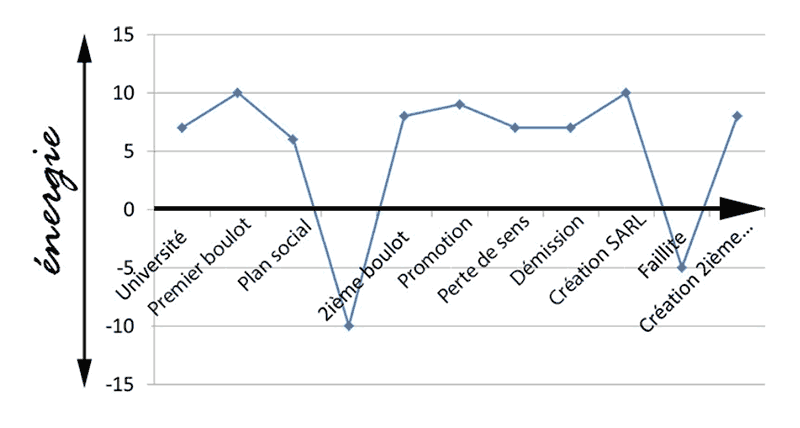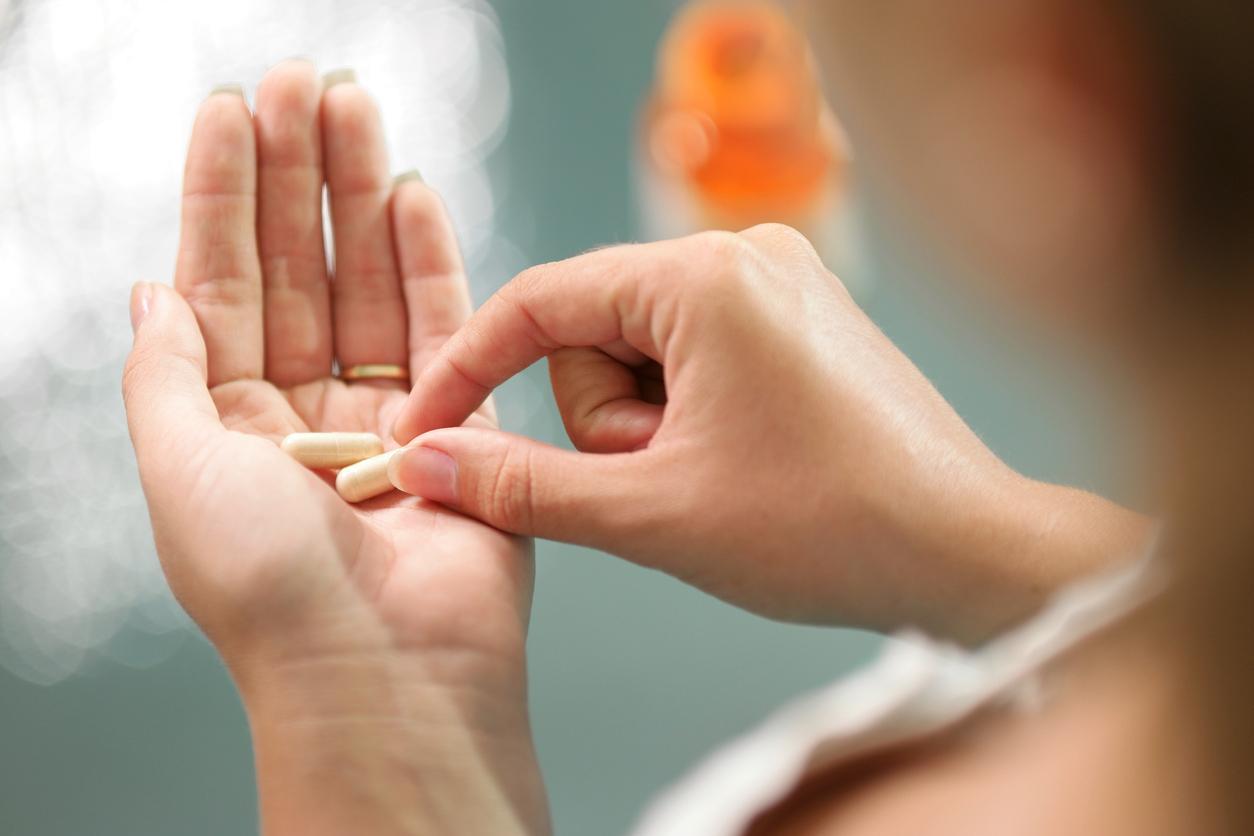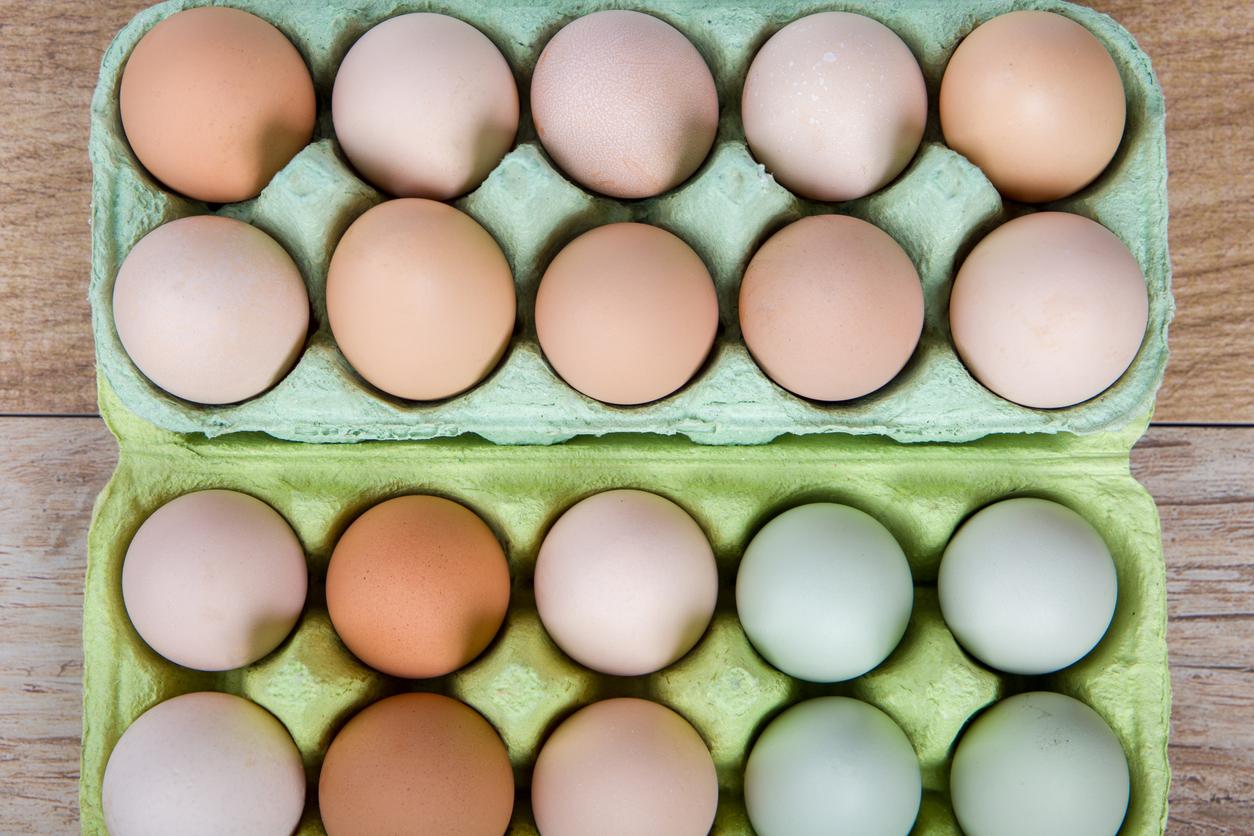
Make sure you’ve had enough!
There are thirteen vitamins that our body all needs to stay as healthy as possible. But which vitamin is most important right now? It seems very likely that this is vitamin D.
Vitamin D is actually an odd duck in the vitamin bite. It is one of the few vitamins that our body can make itself: under the influence of UV radiation from sunlight gets into our skin cholesterol converted to vitamin D.
Most other vitamins are also substances that the body needs, but cannot make itself. Furthermore, vitamin D is more like a hormone than a vitamin, both in chemical composition and in functions in the body. It is also a vitamin that many people can use extra. Because the production in the skin is usually not enough.
Strong: teeth, bones, muscles
So what does vitamin D do? The best known is the role that the substance fulfills in the construction of the bones and the teeth† The building blocks for bone and teeth are calcium and phosphorus. Vitamin D ensures that these minerals from our diet are absorbed by the body and are built into the bones and teeth.
Anyone who has grown up with a daily spoonful of cod liver oil can consider themselves lucky. Cod liver oil is bursting with vitamin D, which used to be unavailable in bland-tasting pills, capsules or drops like today. Vitamin D stimulates the growth and building of strong bones in children. And the stronger the bones at a young age, the smaller the risk that you will suffer from osteoporosis and brittle bones.
But that’s not all. We also need vitamin D for proper functioning of our muscles. And these are not only the muscles in the trunk, arms and legs, but also, for example, the heart muscle† Muscle weakness and muscle cramps are the first symptoms of a vitamin D deficiency. Some experts even think that the decline in muscle strength in the elderly is not only due to old age, but also partly due to a lack of vitamin D. Strong muscles ensure better balance and therefore less chance of falls. Vitamin D therefore reduces the risk of bone fractures in two ways: by reducing the risk of osteoporosis and by the muscles to keep it strong.
Weapon against bacteria
In recent years, vitamin D has attracted a lot of attention from scientists. Research has shown that vitamin D does more than just build strong bones and teeth. This super vitamin is – just like vitamin C – also necessary for resistance to diseases.
The body needs vitamin D to respond adequately to inflammation. For example, vitamin D can stimulate the formation of a protein that makes bacteria harmless.
Think better, less depressed
Vitamin D also seems to affect the brain. For example, people with low levels of vitamin D have a greater chance of depression† This is apparent from a Dutch survey among nearly 1,300 people over sixty-five. Vitamin D also seems to be necessary for thinking, according to a study of more than 5,500 French women with an average age of 80 years. The women who got enough vitamin D through their diet scored better on brain function tests than the women who got little vitamin D. A British study of more than 850 people over sixty-five supports this. This showed that a vitamin D deficiency gives a 60 percent greater chance of a decline in the health of the body thinking ability†
Enjoying the sun!
Researchers are now targeting vitamin D and heart and vascular disease† diabetesmultiple sclerosis and various forms of cancer† For example, there are indications that people with sufficient vitamin D in the blood have lower blood pressure and a smaller chance of colon cancer to have.
Also according to KWF Kankerbestrijding, there may be a relationship between vitamin D and various forms of cancer. Their 2010 report ‘The relationship between cancer, sunlight and vitamin D’ concludes: exposure to sunlight is associated with a lower risk of breast, colon and prostate cancer, probably because vitamin D is produced in the skin through sunlight. KWF used to only warn against the sun (in connection with the risk of skin cancer), nowadays the motto is: ‘Enjoy the sun, but make sure you don’t burn yourself.’
Shadow
The Health Council also recommends going outside for at least fifteen minutes a day with your head and hands uncovered, so that the skin can benefit from the effect of UV rays. To reassure you: braving the icy cold is not necessary. The sun in the Netherlands is only bright enough from April to October to encourage the skin to produce vitamin D. A rule of thumb: the skin only produces vitamin D if your shadow is shorter than you are.
Tip for women
More and more creams for the face and hands contain a UV filter that protects against sunlight with factor 15. A protection factor of 8 already means that no more vitamin D is produced in the skin. Daily UV protection is therefore good to prevent skin aging, but it increases the risk of a vitamin D deficiency. Therefore: only protect the skin with a UV filter if you stay in the sun for more than 15 minutes.
Often needed: extra D
A lack of vitamin D occurs in all layers of the population, but with increasing age, the risk of a deficiency also increases. In the Netherlands, it is estimated that half of all elderly people have a vitamin D deficiency. Among residents of nursing homes, this can even rise to 85 percent.
How is that possible? Our diet contains very little vitamin D. Good sources are Fatty fish such as herring, salmon, mackerel and buck. There is also a small amount of vitamin D in meat, dairy and Eggs and is added to low-fat margarine, margarine and cooking fats. But how much of this can you eat daily? We are therefore dependent on the production in the skin for the majority of the required vitamin D. And it declines with age. In addition, older people spend less time outside. The Nutrition Center therefore advises daily – winter and summer – extra vitamin D for women from 50 years and men from 70 years.
Fat Soluble
Vitamin D is a fat-soluble vitamin, which is best absorbed during digestion when some fat or oil is also present. Therefore, take a supplement with a meal, because it always contains a little fat. Or opt for vitamin D in an oil-filled capsule. There are two forms of vitamin D: D2 (ergocalciferol) and D3 (cholecalciferol). Both forms are active, but vitamin D3 has a stronger effect than D2.
Candidates for additional D
• people who rarely go out, such as night workers or residents of a care or nursing home
• people with dark skin
• people who cover most of their skin
• pregnant and breastfeeding women
• children up to 4 years of age, unless they receive more than half a liter of infant formula or follow-on milk per day (because vitamin D has already been added to this)
• People who have osteoporosis.
Sources):
- Plus Magazine

















